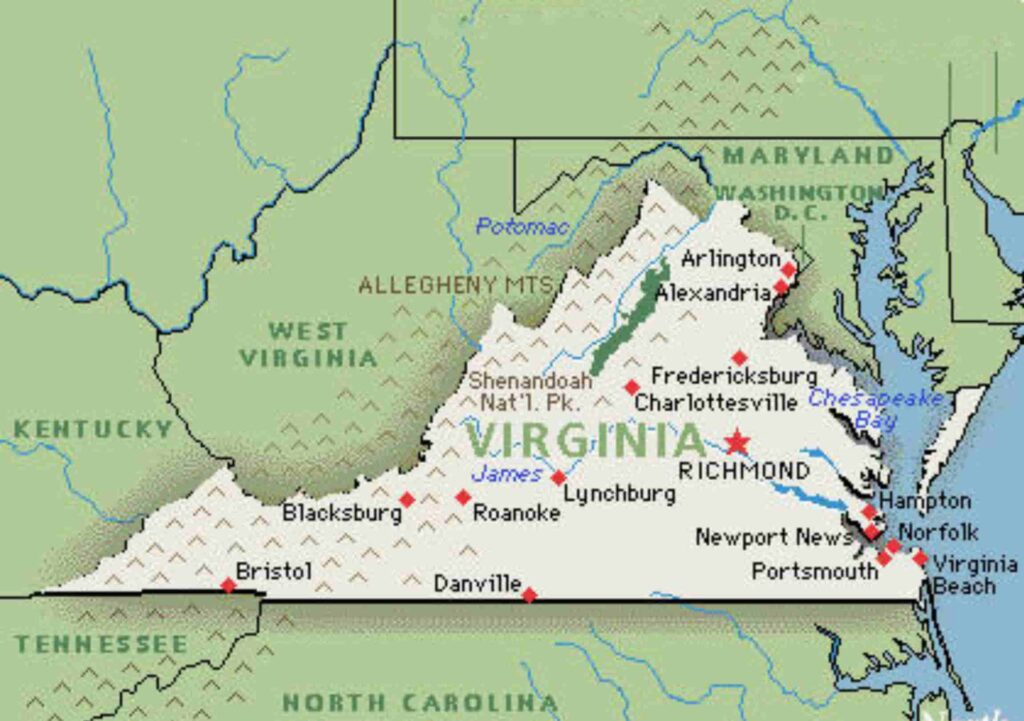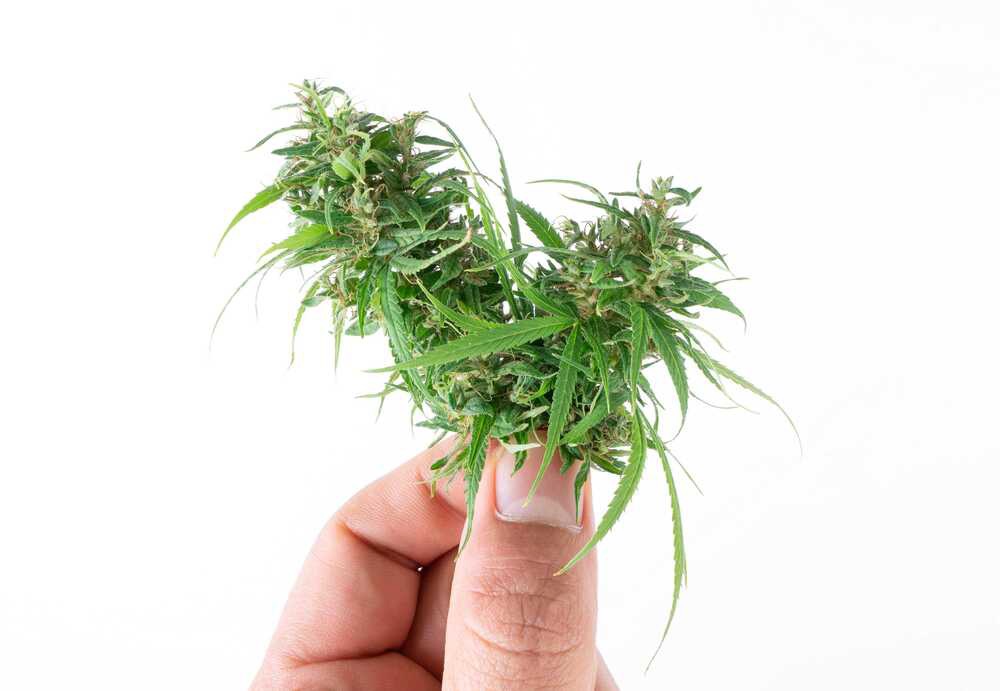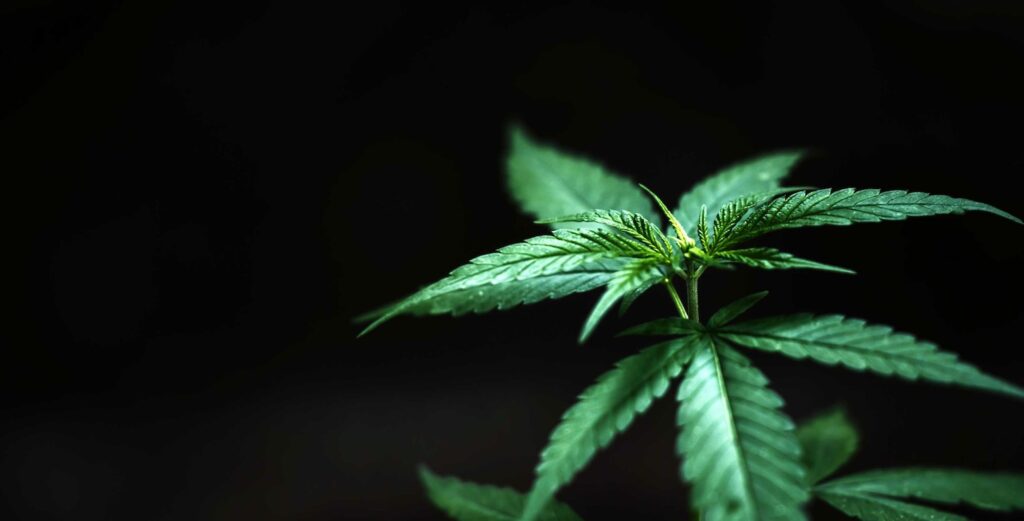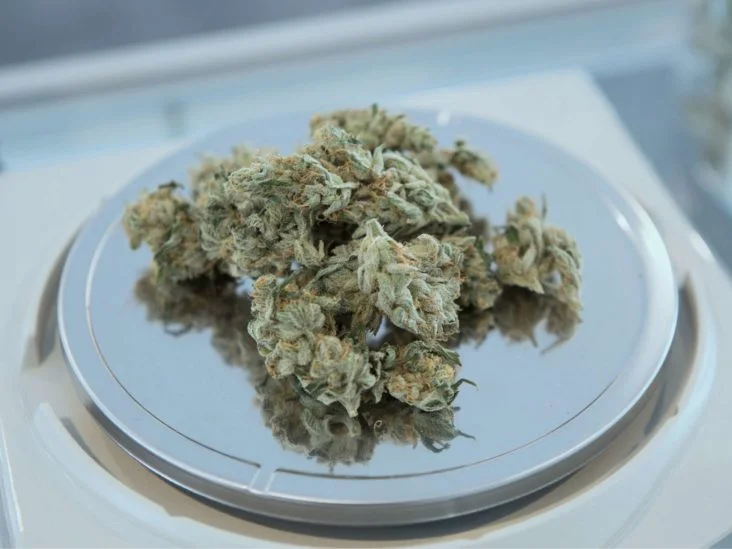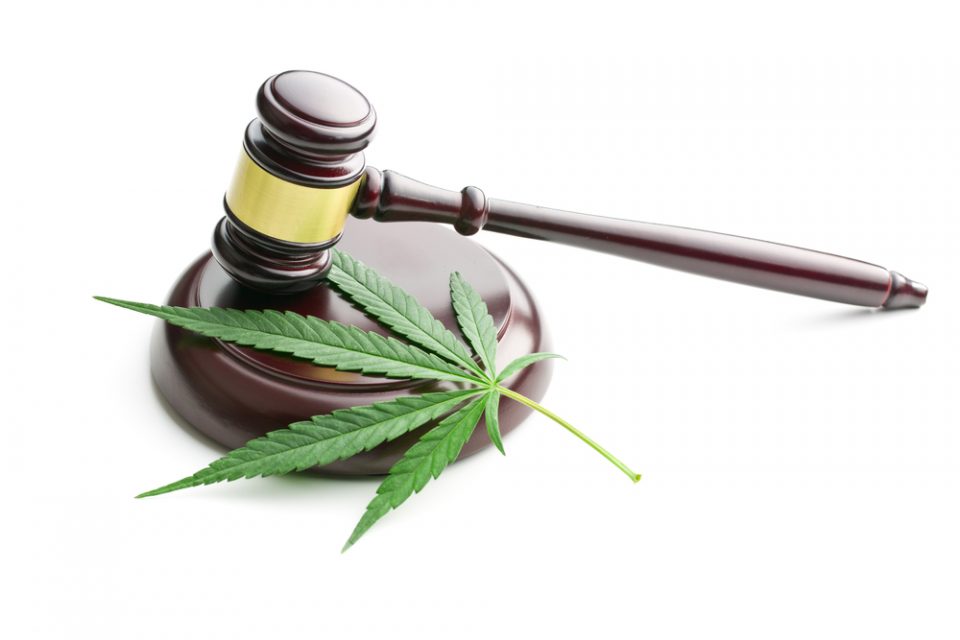Virginia has established a medical cannabis program that allows certified patients to possess and use cannabis products for therapeutic purposes. However, traveling with medical cannabis requires understanding the nuances of Virginia’s laws and how they compare to its neighboring states.
Virginia’s Medical Cannabis Regulations
As of now, Virginia permits medical cannabis patients to possess cannabis products as long as they are certified by a registered healthcare provider and carry their medical cannabis card. Here’s what you need to know about traveling within Virginia:
Possession Limits: Virginia allows patients to carry up to a 90-day supply of medical cannabis. Ensure you know what constitutes a 90-day supply for your specific product (flower, tinctures, etc.).
Public Use: Consuming cannabis in public places is prohibited. Use your medication in private spaces only.
Driving Laws: Driving under the influence of cannabis is illegal. Store your cannabis securely in the trunk or a locked compartment to avoid potential open-container violations.
Dispensary Purchases: Patients can only purchase from state-licensed dispensaries. This means crossing state lines to buy cannabis in another state is not allowed under Virginia law.
Neighboring States: Regulations You Need to Know
Maryland
Maryland has a robust medical cannabis program, and the state recognizes out-of-state medical cannabis cards for purchasing and possession.
Reciprocity: While Maryland accepts out-of-state cards, the extent of this reciprocity may vary. Check with dispensaries ahead of time to confirm they’ll honor your Virginia card.
Possession Limits: Maryland allows up to 120 grams of cannabis or 36 grams of THC in infused products. Stay within these limits to avoid legal issues.
West Virginia
West Virginia has a medical cannabis program, but it does not currently recognize out-of-state medical cards.
Advice: Avoid carrying medical cannabis into West Virginia, as it could lead to legal consequences.
Possession Limits: West Virginia permits its patients to possess a 30-day supply of cannabis in non-flower forms like tinctures or capsules.
Tennessee
Tennessee has not legalized medical cannabis, except for extremely limited use of low-THC CBD oil.
Warning: Traveling with cannabis into Tennessee is not advised, as possession is still considered illegal under state law.
Tip: If traveling to Tennessee, consider using federally legal CBD products with less than 0.3% THC as an alternative.
North Carolina
North Carolina has strict cannabis laws, allowing only low-THC CBD oil for specific medical conditions like epilepsy.
Advice: Do not carry medical cannabis into North Carolina, as possession can result in criminal charges.
Alternative: As with Tennessee, stick to hemp-derived CBD products if necessary.
Kentucky
Kentucky recently passed legislation to legalize medical cannabis, but the program is still in development.
Current Status: Until the program is fully implemented, possessing cannabis in Kentucky remains illegal. Avoid transporting medical cannabis into the state.
Cross-State Travel Tips for Virginia Patients
Research Reciprocity Agreements: If you’re traveling to Maryland, confirm in advance whether your Virginia medical cannabis card will be accepted at local dispensaries.
Stick to Virginia’s Limits: Even if other states allow higher possession limits, adhere to Virginia’s 90-day supply rule while traveling to minimize risk.
Avoid Prohibited States: States like Tennessee and North Carolina have stricter cannabis laws and do not recognize medical cannabis programs. Carrying cannabis into these states is not worth the legal risk.
Secure Storage: Always store cannabis in its original packaging, in a locked compartment, and out of reach of passengers during travel.
Checklist for Virginia Patients Traveling with Medical Cannabis
Know Your Destination’s Laws: Research whether medical cannabis is legal and whether out-of-state cards are accepted.
Carry Documentation: Always have your Virginia medical cannabis card, photo ID, and any relevant physician recommendations.
Stay Within Legal Limits: Adhere to Virginia’s 90-day possession rule and your destination state’s limits.
Choose Discreet Products: Consider tinctures, capsules, or other less conspicuous forms of cannabis.
Plan Storage Carefully: Use odor-proof, child-resistant containers stored securely in your vehicle.
Avoid Prohibited Areas: Steer clear of federal land and states with strict cannabis laws. Remember, the local laws dictate whether you can possess cannabis or not. A Virginia medical card will not give you any protection in locations where the local laws consider marijuana possession illegal.
Final Thoughts on Traveling Around Virginia
Virginia patients enjoy relatively lenient medical cannabis laws, but navigating the patchwork of regulations in neighboring states can be tricky. Maryland offers the most patient-friendly policies for visitors, while states like Tennessee and North Carolina pose significant legal risks.
The best approach? Plan ahead, know the laws, and ensure you’re equipped with the proper documentation and storage solutions. Whether traveling for work, leisure, or medical appointments, understanding the do’s and don’ts of traveling with medical cannabis will keep you safe and compliant.
Disclaimer: We are not legal professionals and do not offer legal advice. The general information in this article does not constitute legal advice. For legal issues or questions, consult with a qualified legal professional.

Dr. Nicholas Marsh is board-certified by the American Board of Anesthesiologists and has over 37 years of healthcare experience. Recognized by FindaTopDoc.com for clinical excellence, he now focuses on educating, supporting, and certifying patients for medical cannabis.

